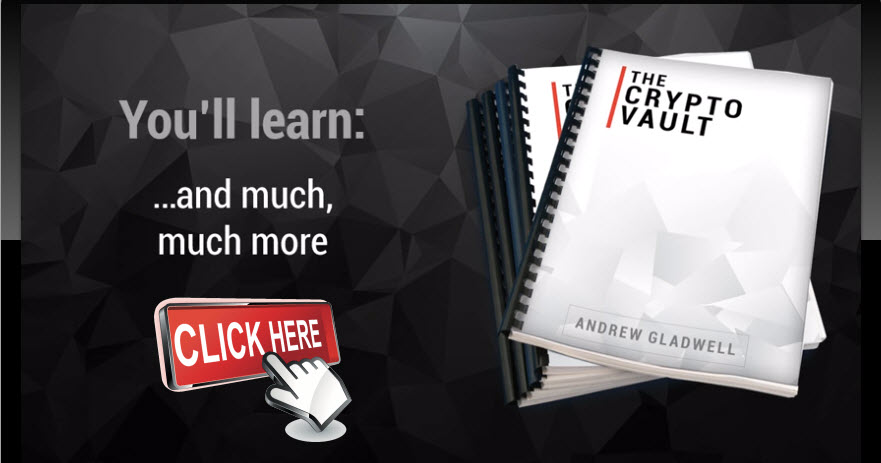
The modern global supply chain revolutionized the shipping industry by standardizing the way cargo is packaged and transported around the world. This “containerization” drove down the cost of goods and blurred the lines of regional boundaries. Today, cross-border payments are at the cusp of a similar transformation.
Payment protocols and messaging across the world are fragmented and restrictive, due in part to countries and financial networks all adhering to various standards. This results in closed networks that don’t speak to each other, unstructured data and opaque payments that require high manual intervention— resulting in a poor payments experience.
The International Standards Organization (ISO) established a universal standard, ISO 20022 in 2004 to bring legacy payment infrastructures into the modern world and help to enable global interoperability and an improved customer experience. ISO 20022 is steadily becoming the global standard for the world’s cross-border payment flows. Ripple has been a leader in this shift and our network, RippleNet, has been aligned with ISO 20022 standards from the start.
Now, we’re thrilled to share that Ripple is part of the ISO 20022 Registration Management Group (RMG) standards body and the first member focused on Distributed Ledger Technology (DLT). This membership enables us to meet the needs of our 300+ customers by helping define the future direction of cross-border payment standards to evolve the ISO 20022 standard.
Through this membership Ripple is able to contribute our experience and expertise in the application of the ISO 20022 standard to cross-border payments and its use in the DLT data structures in our standardised API. In fact, Ripple and our customers on RippleNet are pioneers using ISO 20022 for cross-border payments—adoption of ISO 20022 for domestic ACH and RTGS payments has become widespread over the past 10 years, but so far its use by others has been limited in cross-border payments.
ISO 20022 is the de facto global data standard for modern payments messaging between financial institutions and payment systems. Already adopted domestically in 70 countries, it is estimated that 87% of global financial transactions will be supported by ISO 20022 by 2023. This common language helps banks, financial institutions and systems realize end-to-end processing across domains and geographies—the key element of creating efficient interoperability.
Industry Globalization
Structured data streamlines processing in cross-border payments, leading to fewer false positives and compliance investigations—as well as stronger regulatory controls. When all networks adhere to these same rules and protocols, payment reach and straight-through processing (STP) dramatically improve.
Achieving very high levels of STP in payments is an essential prerequisite for the world’s digital economy to mature and deliver the benefits to society and commerce predicted by industry-experts, such as machine-to-machine payments, the Internet of Things, Smart Supply Chains, and greater financial inclusion. This is because these models all need extremely reliable, high volume, immediate payments to be effective. ISO 20022 is critical in achieving this.
Resilience is improved through this interoperability because if one part of the system is down, the same standardized data can be used to efficiently re-route the transaction. Payment reach is also extended due to the increased compatibility between payment providers. End customers will experience faster, more reliable payments with fewer errors and improved transparency.
Taken together, these open standards foster greater industry competition and innovation.
Stepping Into the Modern World Together
The world is converging on a new global standard and stepping into the future.
To ensure this shift delivers its full potential, the payments industry must work to continue to drive ISO 20022 adoption. Ripple is in a unique position to help its customers take full advantage of ISO 20022 standards, advising on topics related to messaging and integration, so that customers can simplify the deployment and further reduce operational overhead on RippleNet.
Join us in bringing cross-border payments into the modern world. Learn more about ISO 20022 and how Ripple is helping shape the new world of payments.
The post ISO 20022: Shaping the Future of Cross-Border Payments appeared first on Ripple.



